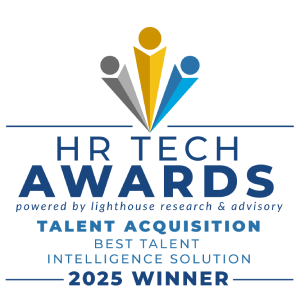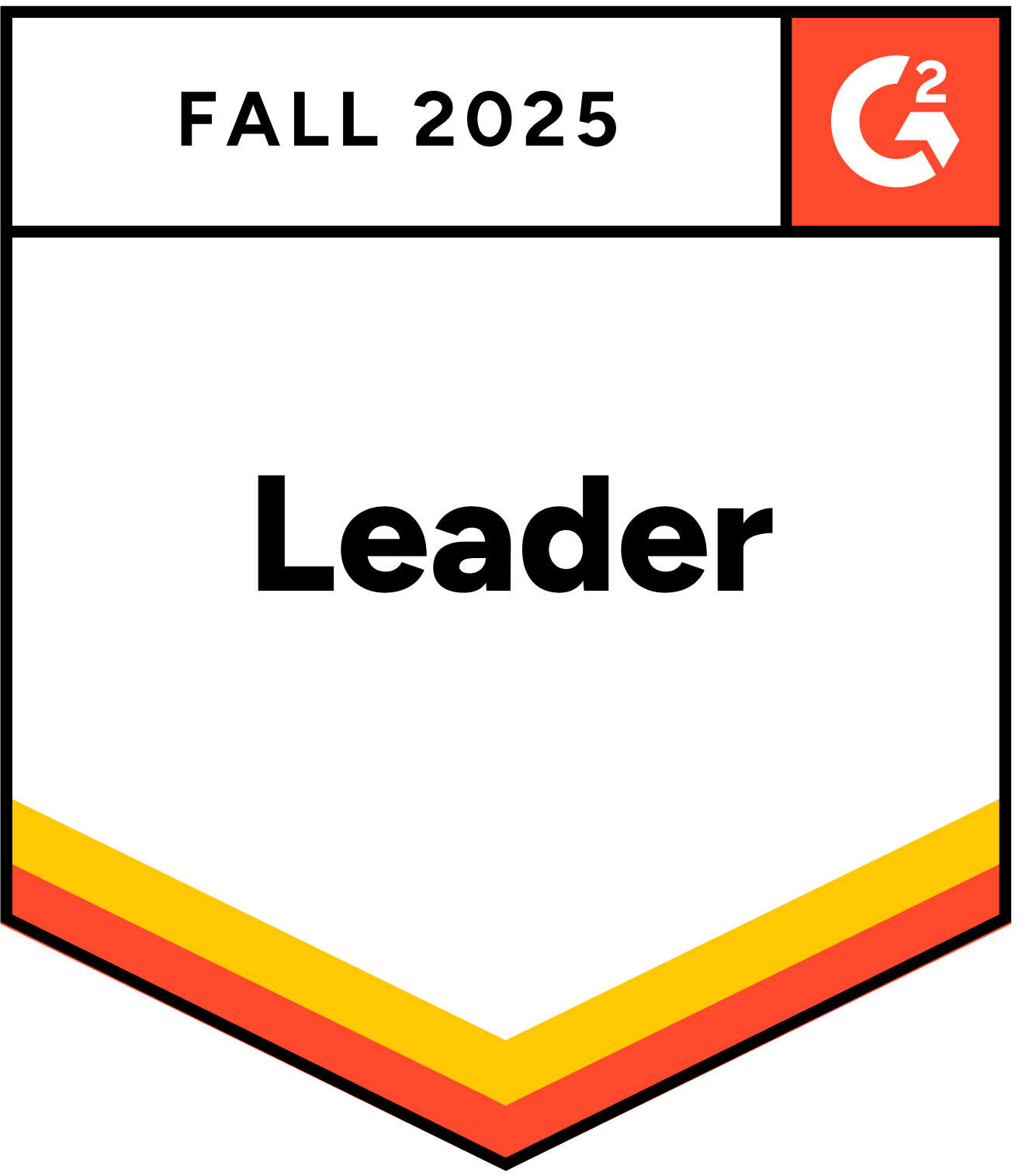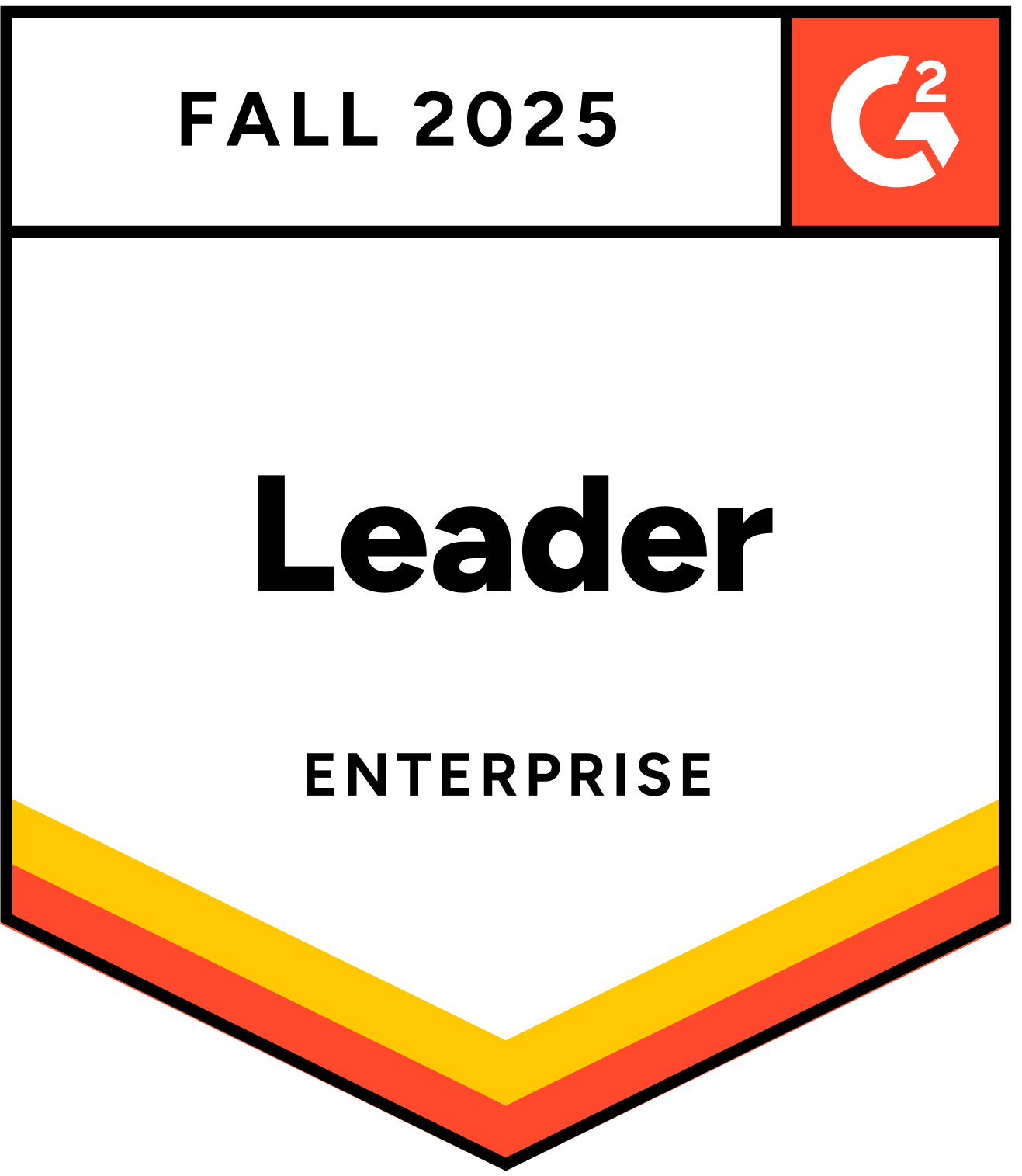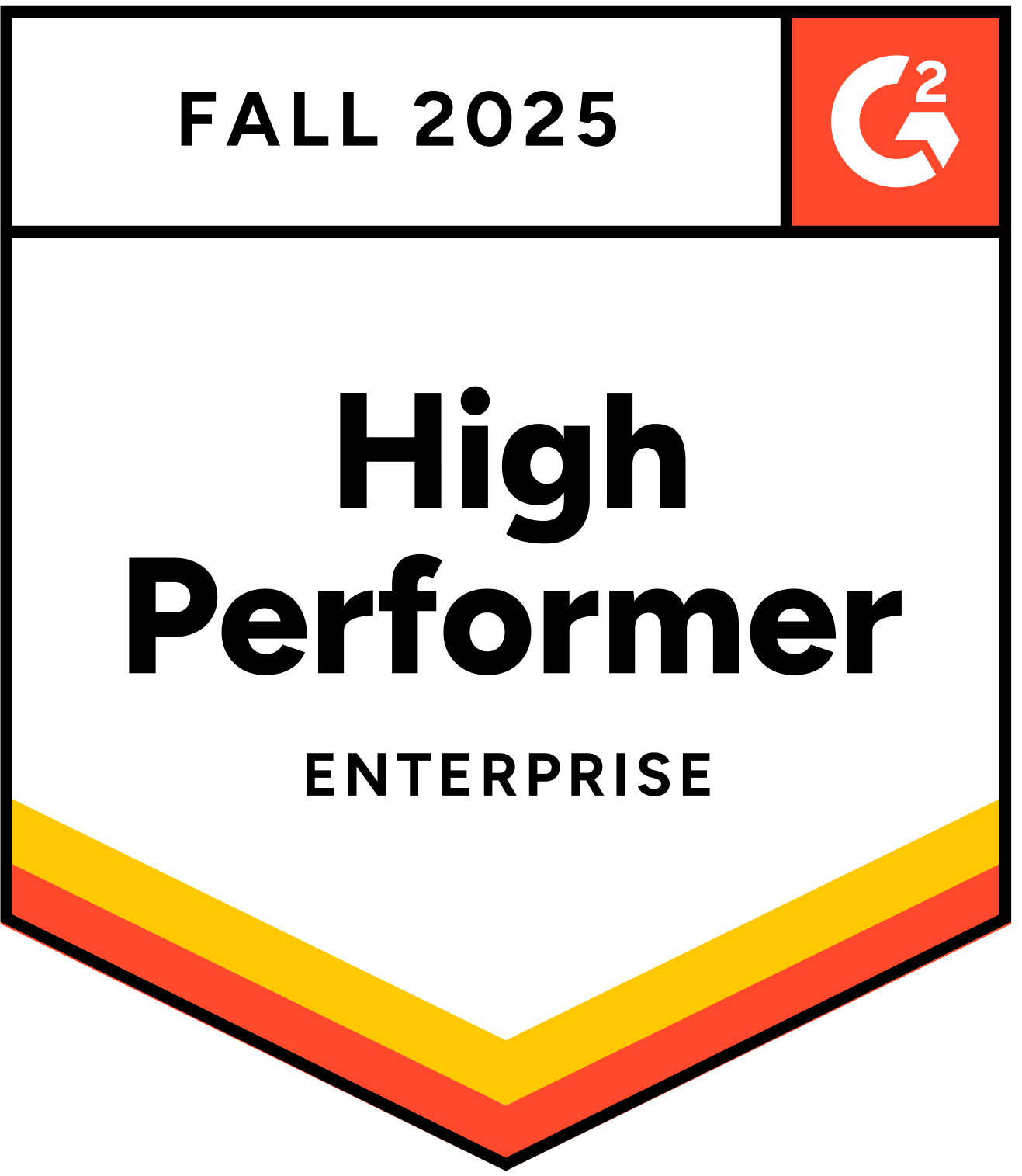Summary
Ethical AI in talent acquisition focuses on using AI responsibly to create a fair, inclusive, and efficient hiring process. This includes mitigating bias, maintaining transparency, and ensuring human oversight in decision-making. Regularly auditing algorithms and clearly communicating AI use to candidates helps build trust and accountability throughout recruitment.
Introduction
AI has completely changed the game in talent acquisition. Recruiters can now source candidates faster, automate tedious tasks, and make smarter decisions. With tools like resume screeners and chatbots, hiring has become much more efficient and less time-consuming. But with all these benefits come some big responsibilities. As AI is becoming more accessible, questions around bias, data privacy, and transparency are more critical than ever.
For recruiters, ethical AI is a must-have. Imagine if an algorithm unintentionally filtered out diverse candidates or made decisions without transparency. It’s not just bad for your brand – it’s a serious trust-breaker. Candidates very rightfully expect fair and respectful treatment, and employers that get this right will win on trust and long-term success. Simply put, ethical AI helps recruiters stay ahead in today’s AI-dominated talent market.
We have put together this guide to help you navigate this important topic. We’ll discuss the benefits of ethical AI, the challenges it poses, and practical steps to use it responsibly.
What is Ethical AI in Talent Acquisition?
Ethical AI in talent acquisition is all about using AI tools in a fair and transparent way. It means creating systems that are unbiased, respect candidate privacy, and promote equity in the hiring process. Rather than replacing recruiters, ethical AI acts as a powerful assistant to help you make smarter, data-driven decisions while maintaining a human touch.
Why is this so important? Because misusing AI can harm your brand and erode trust. Algorithms trained on incomplete or biased data can unintentionally exclude diverse candidates, leading to missed opportunities and potential legal risks. Aligning AI use with ethical standards ensures you’re building a recruitment process that’s not just efficient but also fair and inclusive. Ethical AI isn’t just about compliance; it’s about setting a higher standard for hiring practices that benefit everyone involved.
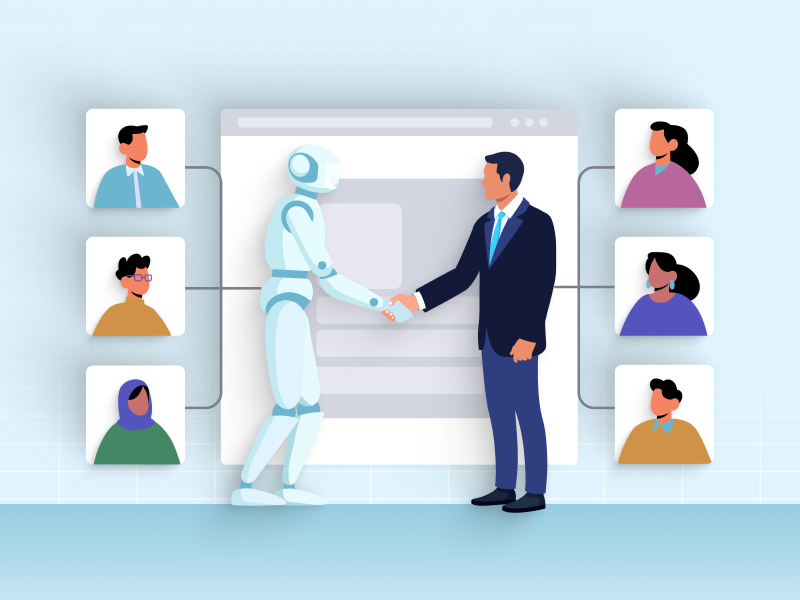
Why Does Ethical AI Matter?
Ethical AI plays a crucial role in enhancing fairness and inclusivity in talent acquisition. By ensuring that AI systems are designed to minimize biases, recruiters can create a level playing field where all candidates have equal opportunities. This not only helps in meeting diversity and inclusion goals but also strengthens the overall talent pool with varied perspectives and experiences.
Building trust with candidates is another significant advantage of ethical AI. When applicants know their data is handled responsibly and decisions are made transparently, it builds confidence in the hiring process. Transparent AI models allow recruiters to explain how decisions are made, which can make candidates feel valued and respected. Trust, once established, can lead to stronger employer branding and long-term relationships with talent.
And we cannot miss how important compliance with regulations is in the legal landscape today. As data privacy laws and anti-discrimination guidelines become stricter, ethical AI ensures that recruitment processes align with these standards. By proactively adopting ethical practices, companies can avoid legal pitfalls and set themselves apart as industry leaders in responsible hiring.
Ethical AI isn’t just about avoiding risks – it’s about unlocking the full potential of AI in a way that’s fair, transparent, and impactful.
What Are the Benefits of Ethical AI in Talent Acquisition?
Now, let’s dive deeper into the tangible benefits ethical use of AI offers. From driving better decision-making to improving candidate experiences and boosting operational efficiency, ethical AI provides recruiters with the tools to address modern hiring challenges while setting a new benchmark for responsible recruitment practices.
Improved decision-making
One of the most significant benefits of ethical AI is its ability to improve decision-making. Traditional hiring methods are prone to unconscious bias, often influenced by subjective factors like cultural fit or personal preferences. Ethical AI minimizes these biases by leveraging objective criteria and data-driven insights. For example, AI-powered screening tools can analyze resumes without factoring in demographic details, ensuring that all candidates are evaluated solely on their qualifications and experience.
Ethical AI also enhances data-driven decision-making by providing recruiters with actionable insights. Predictive analytics, for instance, can identify trends in candidate performance and help recruiters make more informed hiring choices. By relying on ethical AI, recruiters can balance efficiency with fairness, making decisions that are both equitable and effective.
Enhanced candidate experience
Ethical AI also improves the candidate experience to a large extent, which is a critical factor in modern recruitment. Transparency in the hiring process builds trust with candidates, ensuring they feel valued and respected. For instance, ethical AI can generate clear explanations of why certain candidates are selected or rejected, eliminating the ambiguity often associated with traditional hiring processes.
Respectful interactions are another marker. Chatbots powered by AI can provide consistent and timely communication with candidates, answering their queries and guiding them through the application process. When these interactions are designed ethically, they leave candidates with a positive impression of the company, even if they don’t receive an offer.
Regulatory compliance
In an era of stringent data privacy and anti-discrimination regulations, ethical AI ensures that recruitment practices stay compliant with legal requirements. Laws such as the General Data Protection Regulation (GDPR) and the California Consumer Privacy Act (CCPA) mandate organizations to handle candidate data responsibly. Ethical AI systems are designed with these regulations in mind, ensuring that data is collected, stored, and used transparently and securely.
Beyond compliance, adopting ethical AI helps organizations avoid reputational risks associated with biased or unethical hiring practices. By proactively addressing these issues, companies can position themselves as leaders in responsible recruitment, attracting top talent and building trust with stakeholders.
Operational efficiency
Finally, ethical AI drives operational efficiency by automating repetitive tasks and freeing up recruiters to focus on strategic initiatives. Tasks like resume screening, scheduling interviews, and sending follow-up emails can be handled by AI, reducing the administrative burden on recruitment teams. This allows recruiters to dedicate more time to building relationships with candidates and refining hiring strategies.
While handling these tasks, ethical AI ensures that automation doesn’t compromise the quality of interactions. While AI handles initial candidate communications, recruiters can step in during critical decision-making points to maintain the human touch. This balance between automation and human oversight ensures that recruitment processes are both efficient and personalized.
What Are the Challenges and Risks?
Ethical AI comes with some amazing benefits, but it’s not all smooth sailing. There are a few challenges and risks recruiters need to watch out for to use AI responsibly.
Algorithmic bias
Algorithmic bias occurs when AI systems inadvertently reinforce or amplify existing biases present in the data they are trained on. For example, if an AI tool is trained on historical hiring data that favors a specific demographic, it may replicate those patterns, excluding diverse candidates. One high-profile case involved a tech giant whose AI recruiting tool showed a preference for male candidates, as it was trained on resumes submitted over a decade, predominantly from men. This highlights the importance of auditing AI systems and ensuring that training data is representative and inclusive.
Transparency issues
The “black box” problem is another big challenge in AI decision-making. Many AI models operate in a way that makes their processes opaque, leaving recruiters and candidates unaware of how decisions are made. This lack of explainability can damage trust and lead to questions about fairness. Explainable AI – systems designed to provide clear insights into their decision-making processes – is essential to address this issue. Because an explainable AI tool might provide recruiters with a detailed breakdown of why a particular candidate was flagged as a top choice.
Privacy concerns
Data privacy is a critical concern in AI-driven recruitment. AI systems often require extensive data collection, raising questions about how candidate information is stored, used, and protected. With regulations (discussed above) in place, organizations must ensure they meet global privacy standards. Ethical AI systems prioritize data minimization, encryption, and consent-based usage to mitigate these risks.
Over-reliance on automation
While AI can streamline recruitment processes, over-reliance on automation can lead to the loss of the human touch. Recruitment is inherently a people-centric function, and candidates value meaningful interactions with recruiters. Striking a balance between AI and human involvement is crucial. For example, while an AI chatbot might handle initial candidate queries, recruiters should take over when it comes to personalized communication or complex decision-making. This approach ensures that automation enhances, rather than replaces, the human element in recruitment.
By recognizing and addressing these challenges, recruiters can leverage AI responsibly, ensuring that their practices are ethical, transparent, and aligned with both organizational values and candidate expectations.
What Are the Steps to Implement Ethical AI in Talent Acquisition?
Ensuring ethical use of AI in your hiring process takes some planning, teamwork, and regular check-ins. Here’s a simple, practical guide to help you get started:
Step 1: Assess your current AI tools
Before introducing new AI solutions, take a closer look at the tools you’re already using. Conduct a thorough bias and transparency audit to identify any shortcomings. Are the algorithms in your current tools trained on diverse and representative datasets? Can you explain how decisions are made?
Also, evaluate your AI vendors’ standards. Do they share your commitment to fairness and transparency? Ask for documentation on their data training practices and any steps they’ve taken to mitigate bias. Partnering with vendors who prioritize ethical AI is a crucial first step.
Step 2: Establish clear ethical guidelines
Define what ethical AI means for your organization by creating a code of conduct specific to its use in recruitment. This document should outline acceptable practices, responsibilities, and accountability measures.
Setting up an AI ethics committee can further strengthen your commitment. This team should include diverse perspectives from HR, legal, technology, and other relevant departments. Their role is to oversee AI implementation, resolve ethical dilemmas, and ensure adherence to the established guidelines.
Step 3: Train your recruitment team
Educating your team is essential to making ethical AI work. Recruiters need to understand how AI outputs are generated and how to interpret them effectively. Training should also cover recognizing potential biases and maintaining accountability.
Emphasize the importance of human oversight. AI is a powerful tool, but final decisions should always involve human judgment. This ensures that ethical considerations are consistently applied.
Step 4: Pilot and iterate
Start with small-scale trials before fully integrating AI into your recruitment process. Run pilots in controlled environments to understand how the technology performs and where improvements are needed.
Collect feedback from both candidates and recruiters during these trials. Are candidates satisfied with their experience? Are recruiters finding the tools helpful and intuitive? Use this input to refine the system before a full rollout.
Step 5: Monitor and improve
Ethical AI requires ongoing vigilance. Regularly audit your AI systems for bias, accuracy, and compliance with evolving regulations. Technology and societal expectations change quickly – staying proactive is key.
And, keep your team informed about regulatory updates and best practices. Continuous learning ensures that your recruitment process remains both ethical and competitive.
Best Practices for Using AI Ethically in Recruitment
Ethical AI goes beyond picking the right tools – it’s about how you use them to create fair, transparent, and inclusive hiring practices. Let’s explore some smart ways to make that happen:
Prioritize transparency
Transparency is foundational to ethical AI. Clearly communicate to candidates that AI is part of your recruitment process. This can include explanations during the application process or on your career website.
Make AI-driven decisions explainable. For example, if an AI tool recommends candidates, provide a clear breakdown of the criteria used. Accessible explanations build trust with candidates and ensure accountability within your team.
Commit to explainability
Explainable AI goes beyond transparency – it ensures that everyone involved understands how AI decisions are made. Choose AI systems designed with explainability in mind, and use these insights to guide recruiters and candidates alike.
Regular training sessions can help your team interpret AI outputs effectively and identify any anomalies that might require further review.
Focus on inclusivity
To create inclusive hiring processes, use diverse datasets when training AI systems. This reduces the risk of biases that might exclude certain groups of candidates.
Actively test for and mitigate bias in your AI tools. Regular audits and feedback loops are crucial for identifying unintended biases and implementing corrective measures.
Maintain human oversight
AI should support and not replace recruiters. Always keep humans in the decision-making loop, especially for critical hiring decisions. This balance ensures that technology enhances human expertise rather than undermining it.
For example, while an AI tool might shortlist candidates, recruiters should make the final decision, considering cultural fit and other nuanced factors.
Adopt privacy-first approaches
Data privacy is paramount. Collect only the information necessary for recruitment and ensure it is securely stored and handled.
Implement robust data protection measures, such as encryption and access controls, to safeguard candidate information. Transparency about how data is used and stored also fosters trust with candidates.
By adopting these best practices, you can leverage AI’s potential while ensuring fairness, inclusivity, and respect for candidate rights. These steps not only enhance recruitment outcomes but also strengthen your organization’s reputation as a responsible and ethical employer.
Real-Life Applications of Ethical AI in Talent Acquisition
Ethical AI is transforming recruitment, tackling real-world challenges head-on while unlocking smarter, fairer, and more transparent hiring solutions. Ready to see it in action? Let’s dive into some key applications that are changing the game.
Screening and shortlisting candidates
Ethical AI can transform the initial stages of recruitment by making resume screening more objective and inclusive. By focusing on skills and qualifications rather than demographic information, AI helps minimize unconscious bias. This approach ensures that candidates are evaluated based on merit, fostering a fairer hiring process. Ethical AI tools can also flag discrepancies in data or highlight underrepresented groups, providing recruiters with actionable insights to create more diverse shortlists.
Enhancing candidate communication
AI-powered communication tools, such as chatbots, enable personalized and consistent interactions with candidates. These tools can handle routine queries, provide application updates, and schedule interviews – all while maintaining a tone that respects and values the candidate. Ethical AI ensures that these interactions remain transparent and free from bias, building trust and enhancing the candidate experience. Think of recruiters using AI to share feedback on applications in a clear and respectful manner, keeping candidates engaged throughout the process.
Analyzing candidate fit
Predictive analytics play a significant role in evaluating candidate suitability for specific roles. Ethical AI leverages data-driven insights to match candidates with job requirements while maintaining fairness and transparency. By analyzing factors such as skills, experience, and potential for growth, AI can provide recruiters with valuable recommendations. Importantly, ethical AI avoids over-reliance on historical data that may perpetuate biases, ensuring that assessments align with current organizational values and diversity goals.
Bias detection tools
Ethical AI integrates tools that detect and reduce bias in recruitment processes. These systems analyze hiring patterns to uncover imbalances or inconsistencies. For instance, bias detection software might highlight job descriptions with gendered language or identify disparities in applicant scoring for certain roles. By addressing such trends early, recruiters can refine their strategies to create a more inclusive and balanced hiring approach, promoting diversity at every stage of the recruitment process.
Humans at the heart of AI decisions
While automation enhances efficiency, maintaining a balance between AI and human involvement is crucial. Ethical AI emphasizes the importance of human oversight in decision-making. Recruiters play a vital role in interpreting AI outputs, providing context, and making nuanced judgments. This collaborative approach ensures that AI supports rather than replaces the human element in recruitment, preserving the integrity of the hiring process.
By integrating these kind of applications into TA strategies, recruiters can harness the power of ethical AI to achieve better outcomes! (We’re a little excited.) These tools don’t just streamline processes. They also uphold the principles of fairness, inclusivity, and respect, setting a new standard for responsible recruitment practices.
Current Trends & What’s Next in Ethical AI in Talent Acquisition
It’s not just about new tools – it’s about hiring smarter, fairer, and with a whole lot more transparency. So, what’s next on the horizon for recruiters? Let’s take a look at the trends dominating today and what might be shaping tomorrow’s talent acquisition.
Explainable and transparent AI
The demand for explainability in AI systems is on the rise. Recruiters and candidates alike want to understand how decisions are made. Future AI tools will focus on providing clearer insights into their processes, such as detailed explanations for why a candidate was or wasn’t shortlisted. This trend ensures accountability and builds trust in AI-driven recruitment.
Hyper-personalized candidate journeys
Personalization will move to the next level. AI systems will tailor recruitment experiences based on individual preferences, skills, and career goals. Chatbots may adjust their tone and responses based on candidate interactions, while job recommendations will become increasingly precise, offering roles that align closely with candidates’ aspirations.
Enhanced human-AI collaboration
AI won’t replace recruiters but will act as an invaluable partner. Future tools will assist recruiters in real time, suggesting interview questions, summarizing candidate strengths, and even identifying areas for improvement in the hiring process. This collaboration will enhance efficiency while preserving the essential human touch.
Continuous bias monitoring
As regulations tighten, organizations will prioritize ongoing bias audits. Future AI systems will come equipped with real-time bias detection features, allowing recruiters to address disparities as they arise. This proactive approach will help companies stay compliant and maintain equitable hiring practices.
Privacy-centric AI
With growing concerns about data privacy, AI systems will adopt advanced methods like federated learning and differential privacy. These technologies ensure candidate data is secure and used responsibly, aligning with global regulations.
Predictive workforce planning
Ethical AI will play a significant role in forecasting workforce needs. By analyzing market trends and internal data, AI can help organizations predict skill shortages and identify opportunities for upskilling or internal mobility, enabling proactive talent strategies.
Industry-wide ethical standards
Expect to see increased collaboration across industries to develop standardized ethical AI guidelines. These frameworks will provide a baseline for responsible AI use, ensuring consistency and accountability in recruitment practices.
By staying ahead of these trends, recruiters can leverage ethical AI to not only improve hiring outcomes but also shape a future where technology and humanity work hand in hand for better talent acquisition.
Conclusion
As talent acquisition evolves, ethical AI will be a compass guiding us toward more equitable and innovative hiring practices. Its promise lies in its ability to amplify human potential, foster inclusivity, and adapt to ever-changing challenges. For recruiters, embracing ethical AI isn’t about keeping pace; it’s about leading the charge in shaping a workforce that reflects our shared values and aspirations. By staying informed, vigilant, and committed to ethical practices, you’re not just filling roles – you’re redefining what it means to build a truly people-first organization in the AI era. The future of recruitment starts with you.
FAQs
What is ethical AI in talent acquisition?
Ethical AI in talent acquisition ensures AI systems support fair, transparent, and responsible hiring. It focuses on minimizing bias, protecting candidate privacy, and enabling informed human oversight so recruiters can deliver equitable, scalable, and compliant hiring experiences.
What are the core principles of ethical AI in talent acquisition?
Core principles include fairness, transparency, accountability, privacy, and explainability. These guide how AI systems are designed, trained, and evaluated – ensuring processes and decisions are consistent, compliant, and free from unintended bias while maintaining trust with candidates and hiring teams.
What are the benefits of ethical AI in talent acquisition?
Ethical AI improves fairness, strengthens candidate trust, reduces compliance risk, and enhances decision quality. It enables efficient automation without compromising standards, helping hiring teams scale responsibly and deliver more inclusive, engaging recruitment experiences.
What are the ethical considerations of using AI in recruitment?
Key considerations include data privacy, candidate consent, model bias, transparency of decisions, and accountability. Employers must ensure AI tools are rigorously tested, explainable, and continuously monitored to prevent unfair outcomes and maintain regulatory compliance.
What are the ethical issues with AI in HR?
Ethical issues include algorithmic bias, lack of transparency, data misuse, and over-reliance on automated decisions. Without proper governance, AI may amplify inequities or compromise privacy, making oversight, auditability, and responsible design essential.
Why does ethical AI matter in recruitment?
Ethical AI matters because recruitment directly influences careers, culture, and long-term business performance. When AI is used responsibly, it minimizes bias, strengthens trust, safeguards candidate privacy, and keeps hiring compliant – allowing teams to scale decisions without losing fairness or transparency.
What are the challenges and risks of ethical AI in hiring?
Challenges include detecting unseen biases, ensuring explainability, meeting evolving regulations, and maintaining data quality. Risks arise when AI decisions lack oversight, leading to unfair outcomes or compliance gaps that damage brand credibility and candidate trust.
How can companies implement ethical AI in talent acquisition?
Companies can implement ethical AI by establishing governance frameworks, auditing models regularly, using transparent tools, training teams, and aligning technology with compliance standards. Continuous monitoring and human oversight ensure fairness, accuracy, and responsible decision-making.
What are the best practices for using AI ethically in recruitment?
Best practices include bias testing, clear data-governance policies, transparent model outputs, candidate disclosure, and regular performance reviews. Partnering with trusted vendors and maintaining human oversight helps ensure fairness, accountability, and compliance throughout the hiring process.
What are real-life examples of ethical AI in talent acquisition?
Examples include bias-audited screening tools, privacy-first candidate-matching engines, transparent scoring models, and inclusive chatbot designs. Organizations use these systems to expand talent pools responsibly, improve decision quality, and maintain compliance without sacrificing efficiency.
What are the latest trends in ethical AI for recruitment?
Trends include explainable AI, continuous bias auditing, privacy-enhancing technologies, and stricter compliance frameworks. Recruiters increasingly favor transparent models, adaptive scoring, and AI systems that prioritize inclusivity, candidate consent, and measurable impact.
What is the future of ethical AI in talent acquisition?
The future lies in smarter, more transparent AI systems guided by strict governance and global standards. Ethical AI will enable hyper-personalized, bias-resistant hiring at scale – supporting recruiters while maintaining fairness, trust, and accountability across every decision.
